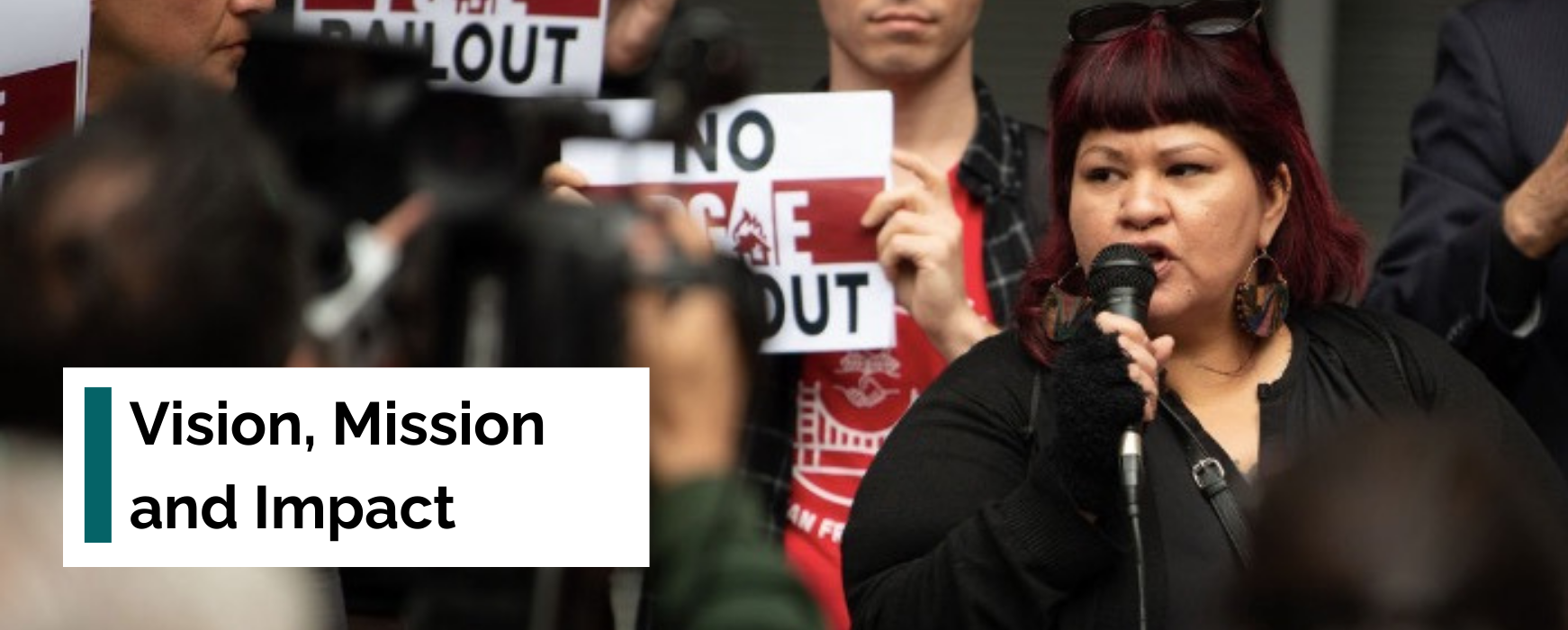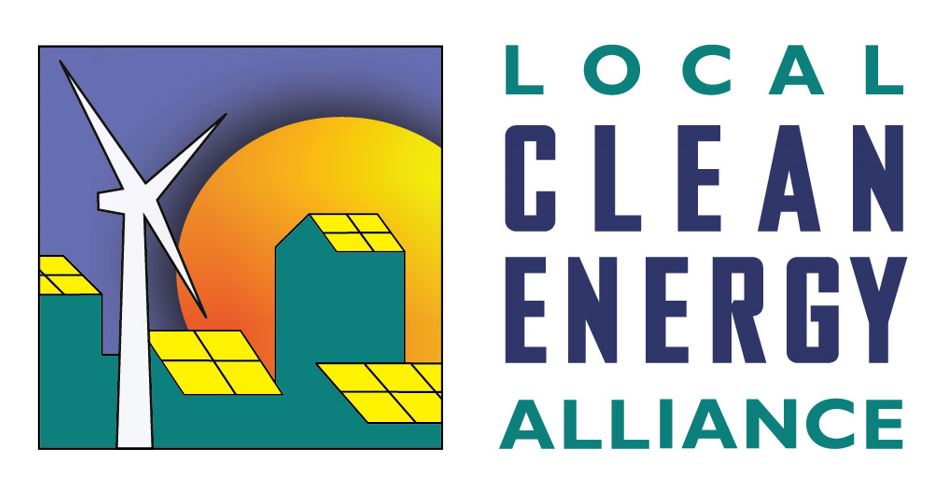
Vision Statement
We envision a future for the Bay Area that is powered by renewable energy, with the majority coming from local, decentralized electricity generation that provides affordable, reliable, and clean power. We envision the Bay Area revitalizing and rebuilding its communities around public gathering places, events, and locally owned businesses, all powered by local clean energy.
Mission Statement
The mission of the Local Clean Energy Alliance is to promote the development and democratization of local renewable energy resources as key to addressing climate change, advancing social and racial justice, and building sustainable and resilient communities.
How LCEA
Makes an Impact
The Local Clean Energy Alliance (LCEA) is making a significant impact by organizing alliances and empowering local communities. Through collaboration and diverse stakeholder engagement, LCEA ensures that everyone’s voices are heard in the transition to low carbon and local renewable energy. LCEA also partners with government agencies to influence sustainable energy policies at all levels. By investing in training programs, LCEA develops future energy justice leaders who champion equitable practices. Furthermore, LCEA provides resources and training for frontline residents, actively involving communities affected by energy inequities in the clean energy transition.
Organizing Alliances and Mobilizing Community Power
Partnering and Engaging Government Agencies
Developing Future Energy Justice Leaders
Creating Resources and Training for Frontline Residents
Electrifying and Eliminating Carbon in Buildings
Our Levels of Impact

Local Impact
Working on energy justice at the local level is impactful because it allows for community-driven solutions tailored to the specific needs and challenges of the area. Local initiatives can address issues like energy affordability, access to clean and reliable energy sources, and the reduction of environmental disparities. By engaging with residents directly, local efforts foster greater participation and empowerment, leading to more inclusive and sustainable outcomes.
Statewide Impact
Addressing energy justice at the state level is crucial because it enables the implementation of comprehensive policies and regulations. States have the authority to establish renewable energy standards, incentivize clean energy adoption, and promote equitable access to energy resources. By working at the state level, policymakers can drive systemic change, reduce energy poverty, and create opportunities for job growth in the clean energy sector.
National Impact
Taking action on energy justice at the national level is vital for several reasons. First, it allows for the coordination of efforts across states, ensuring consistency and synergy in energy policies. Secondly, national initiatives can provide financial resources, research, and technological support to accelerate the transition to a just and sustainable energy system. Lastly, addressing energy justice at the national level enables the prioritization of environmental justice concerns and the reduction of disparities that disproportionately affect marginalized communities across the country.
